The Sellout
Summary:
A biting satire about a young man's isolated upbringing and the race trial that sends him to the Supreme Court, Paul Beatty's The Sellout showcases a comic genius at the top of his game. It challenges the sacred tenets of the United States Constitution, urban life, the civil rights movement, the father-son relationship, and the holy grail of racial equality - the black Chinese restaurant.
Born in the "agrarian ghetto" of Dickens - on the southern outskirts of Los Angeles - the narrator of The Sellout resigns himself to the fate of lower-middle-class Californians: "I'd die in the same bedroom I'd grown up in, looking up at the cracks in the stucco ceiling that've been there since '68 quake." Raised by a single father, a controversial sociologist, he spent his childhood as the subject in racially charged psychological studies. He is led to believe that his father's pioneering work will result in a memoir that will solve his family's financial woes. But when his father is killed in a police shoot-out, he realizes there never was a memoir. All that's left is the bill for a drive-thru funeral.
Fueled by this deceit and the general disrepair of his hometown, the narrator sets out to right another wrong: Dickens has literally been removed from the map to save California from further embarrassment. Enlisting the help of the town's most famous resident - the last surviving Little Rascal, Hominy Jenkins - he initiates the most outrageous action conceivable: reinstating slavery and segregating the local high school, which lands him in the Supreme Court. (Summary and cover courtesy of goodreads.com)
Review:
This is a book that were I in a different point in life I probably would have gritted my teeth and finished it up. I gave the book 100 pages and then called it an abandonment. While I don’t think I disliked the book as much as some people, I did find the book extremely repetitive and very clear that the main themes were going to be visited and revisited. Although there were some clever twists and satire mixed in, I just dreaded going back to the book and ultimately decided the fact that it won the Booker award wasn’t reason enough to stick with it.
Another difficulty was choosing to read this book with a highly international book club. Many of the American references were lost on them and style of writing made it incredibly difficult to explain. I find that another strike against the book as I generally think of books as something accessible to everyone.
Warning: Contains repeated violence.
Rating: 1 stars!
Who should read it? Folks interested in finding out what all the fuss is about and willing to go in for the long haul.


